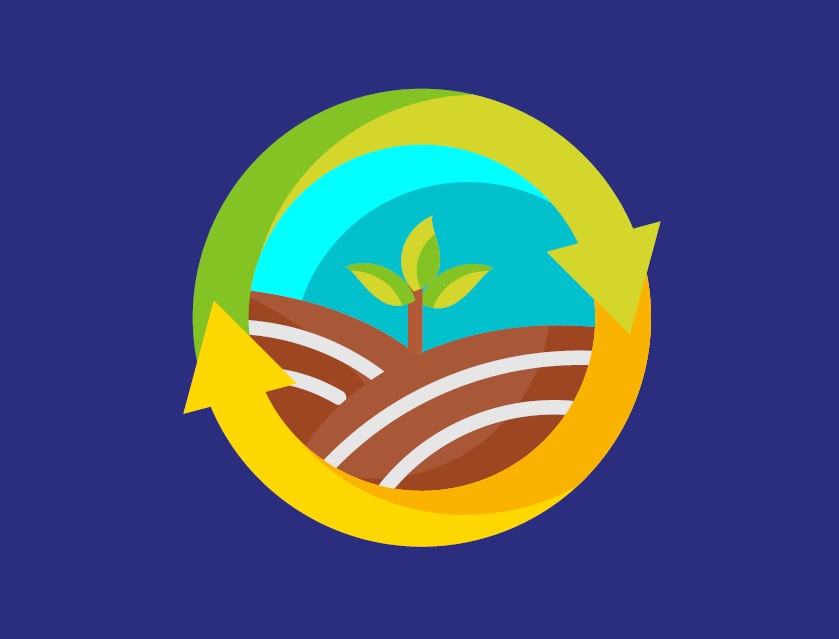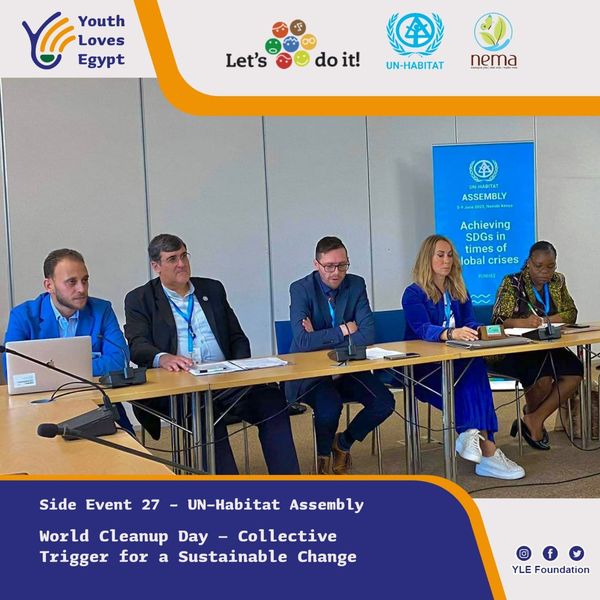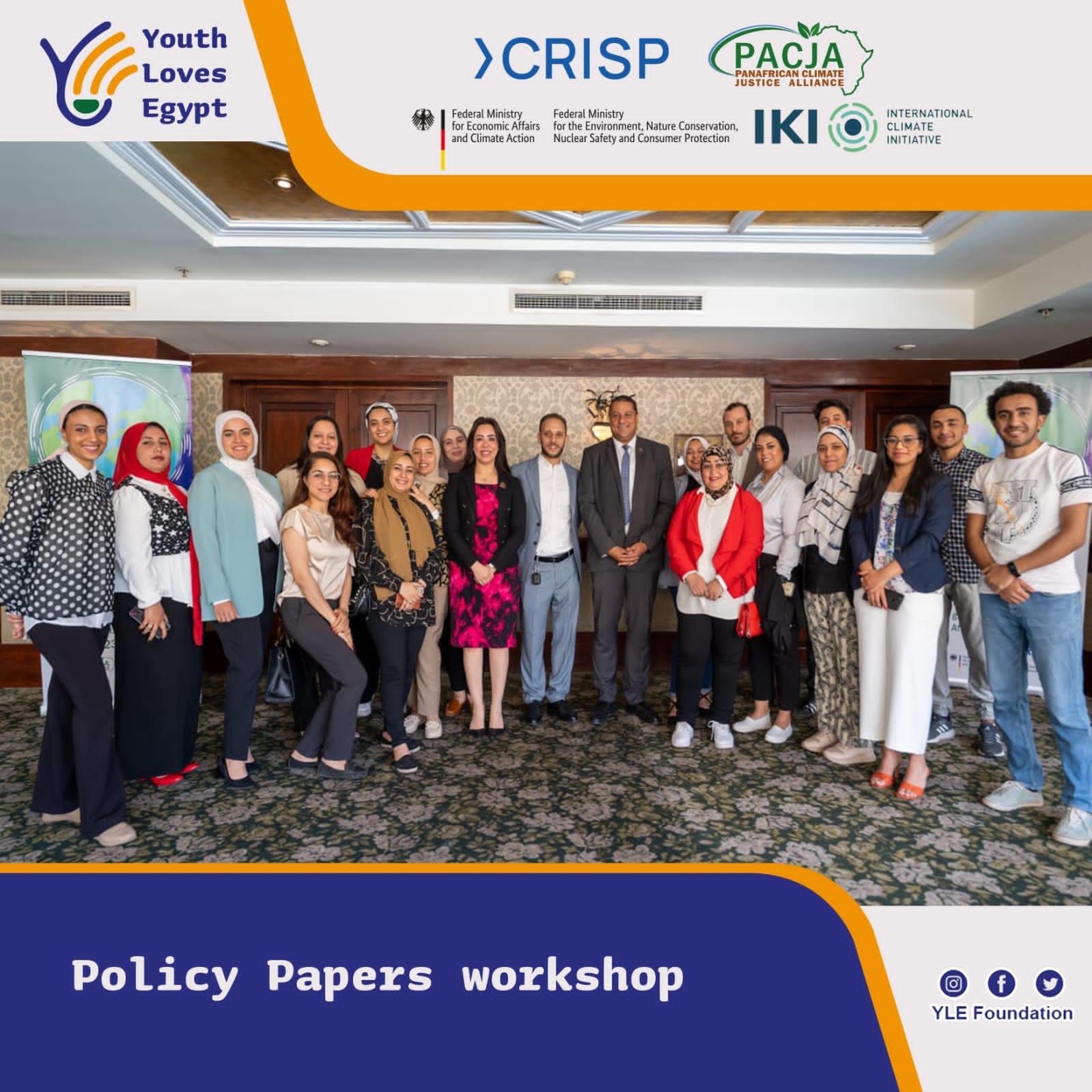Sustainable agriculture is a way of farming that meets the needs of the present without compromising the ability of future generations to meet their own needs (United Nations, 1987). It is crucial for ensuring food security, protecting the environment, and promoting healthy communities.
1. What is sustainable agriculture?
Sustainable agriculture is a holistic approach to farming that considers the social, economic, and environmental impacts of food production. It goes beyond simply growing crops raising livestock. It's about creating system good for planet, people, business (Gliessman, 2016). Sustainable agriculture is a holistic approach to farming that considers the social, economic, and environmental impacts of food production. It goes beyond simply growing crops raising livestock. It's about creating system good for planet, people, business (Gliessman, 2016). Sustainable agriculture is a holistic approach to farming that considers the social, economic, and environmental impacts of food production. It goes beyond simply growing crops raising livestock. It's about creating system good for planet, people, business (Gliessman, 2016).
2. Benefits of sustainable agriculture
- Environmental benefits: Reduces pollution and conserves water (FAO, 2019)
- Improves soil health and fertility (Lal, 2015)
- Protects biodiversity (IPBES, 2019)
- Combats climate change (FAO, 2016)
- Economic benefits: Increases farm profitability (Ponisio et al., 2015)
- Creates new jobs (World Bank, 2018)
- Supports local economies (Gliessman, 2016)
- Social benefits: Produces safer and healthier food (Organic Consumers Association, 2023)
- Improves farmer livelihoods (FAO, 2018)
- Strengthens rural communities (Gliessman, 2016)
3. Principles of sustainable agriculture
- Crop rotation: Planting different crops in the same field over time to improve soil fertility and reduce pest and disease problems (USDA, 2023).
- Cover cropping: Planting cover crops between cash crops to protect the soil, suppress weeds, and improve soil fertility (CTIC, 2023).
- Soil conservation practices: Implementing practices like no-till farming and terracing to reduce soil erosion and improve water retention (USDA, 2023).
- Water conservation: Using water efficiently through irrigation best practices and rainwater harvesting (FAO, 2020).
- Biodiversity: Encouraging biodiversity on farms by planting hedgerows, creating wildlife habitats, and promoting beneficial insects (IPBES, 2019).
4. Additional Resources
- CTIC (2023). Cover crops: An introduction.
- EPA (2023). Integrated Pest Management (IPM) for schools.
- FAO (2019). Water and agriculture.
- FAO (2020). Rainwater harvesting for agriculture.
- Gliessman, S. R. (2016). Agroecology: The ecology of sustainable food systems (3rd ed.). CRC Press.
- Lal, R. (2015). Enhancing soil organic carbon stocks: A pragmatic approach to climate change mitigation. Land Degradation & Development, 26(1), 1-8.
- Organic Consumers Association (2023). Why Organic?
- Ponisio, L. C., et al. (2015). Landscape diversity and the multifunctional role of biological control in agricultural landscapes. Ecology Letters, 18(7), 673-682.
- USDA (2023). Sustainable agriculture research and education (SARE).





